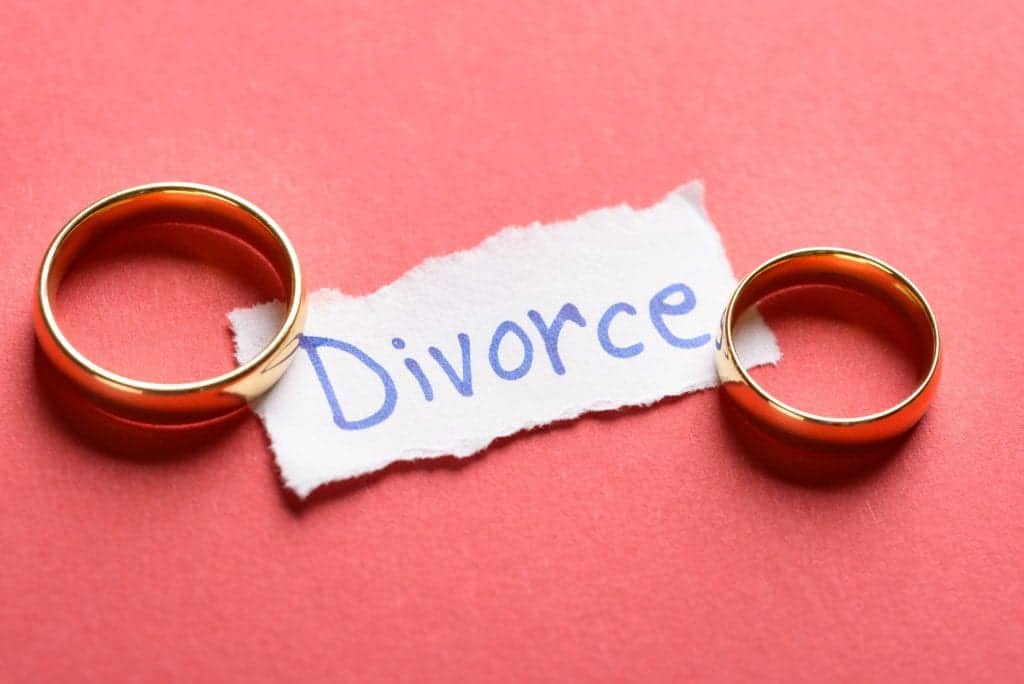Cryptocurrency is becoming progressively mainstream and Family lawyers are seeing an increasing number of divorce cases where it features as a matrimonial asset.
What is cryptocurrency?
Cryptocurrency is a digital or virtual currency that can be used to buy goods and services. Some of the more commonly known types of cryptocurrency you may have heard of are Bitcoin, Bitcoin Cash, Ethereum and Litecoin.
Will cryptocurrency be considered as part of my divorce settlement?
The short answer is yes. The status of cryptocurrency has been debated in the commercial courts and the overwhelming conclusion is that cryptocurrency, despite being intangible, is an item of “property” capable of ownership and regulation. Cryptocurrency will therefore be considered an asset alongside houses, cars, savings & pensions etc.
The decision as to how to allocate cryptocurrency between the spouses or to weigh it in the balance as against other assets will be contingent on the facts of each individual case and judges are likely to be cautious about treating cryptocurrency in exactly the same way as other types of asset given that it lacks the same degree of certainty in terms of tangible realisable value.
How do I find out if my ex-partner has cryptocurrency assets?
A spouse has a duty to provide to the court full and frank financial disclosure of all assets and liabilities in divorce and financial proceedings.
Unfortunately, non-disclosure is not uncommon and cryptocurrency can change hands rapidly and ownership or disposal be extremely difficult to establish. In this regard the information relating to the holding and transfer of cryptocurrency is encrypted and protected by a secure password that only the owner has knowledge of.
Where one spouse has good reason to believe that the other has not disclosed cryptocurrency then it may be possible to persuade a court that on the balance of probability evidenced for example by witness testimony, text messages or emails- that such an asset does or did exist and to draw adverse inferences as to its non-disclosure and value when imposing a settlement.
How is it valued?
As with stocks and shares and other currencies, the value of cryptocurrency can fluctuate and drastically. One only needs to remember the impact when Tesla made their recent announcement that they would not be accepting bitcoin as payment for their cars despite having invested heavily in acquiring several billion in bitcoin themselves.
For divorce purposes the relevant value is that at the date the court makes the Order or a concluded agreement is reached between the parties – care should therefore be taken to check the current value on that date. However, both parties bear the risk that the value could change only hours after the Order has been made or concluded agreement reached hence the court treating these types of assets very carefully.
What are the consequences of non-disclosure ?
It is extremely important to remember, that a party who attempts to conceal any asset, including that of cryptocurrency, can be found to be in contempt of court, have the original financial settlement Order set aside and face punitive and monetary sanction. Therefore, parties are advised to always provide full and frank disclosure to the court, to enable the court to reach a fair and reasonable settlement, including the division, or off-setting of, any cryptocurrency assets.
If you are concerned about the division of cryptocurrency assets in a financial settlement as part of your divorce, or any other family law matter, please do not hesitate to contact Emily Davies, Associate Solicitor or any of the specialist matrimonial and family law team at Gorvins via familyteam@gorvins.com or call us on 0161 930 5151.
